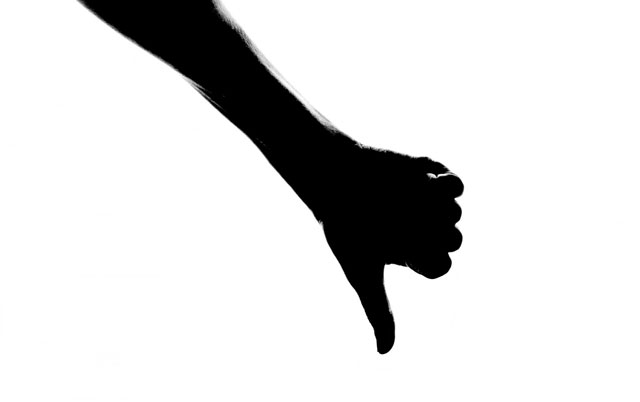
South Africa has joined China and Russia in voting against a United Nations resolution on the “promotion, protection and enjoyment of human rights on the Internet”.
On Friday, the UN held a vote on the resolution, which seeks to bring political commitment from member states to protect human rights online such as freedom of expression and privacy.
The resolution further seeks to ensure the release of those imprisoned for the “legitimate” freedom of expression online.
Other key points of the resolution include investigating attacks against bloggers or other Internet users, and refraining from preventing access to information online by, for example, shutting down the internet during key times such as elections or terror attacks.
Countries such as Russia and China requested four amendments to the draft resolution to remove, for instance, text on freedom of expression and the shutting down of Internet access.
However, the amendments weren’t adopted and most countries voted for the human rights resolution, which will be adopted by the UN Human Rights Council.
But the results of the vote have put the spotlight on some nations’ commitment to Internet freedoms.
“We are disappointed that democracies like South Africa, Indonesia, and India voted in favour of these hostile amendments to weaken protections for freedom of expression online,” said Thomas Hughes, the executive director of global free press organisation Article 19.
The resolution, meanwhile, was written and supported by countries ranging from the likes of Australia, the US, UK, Nigeria, Senegal and Turkey.
“A human rights-based approach to providing and expanding Internet access, based on states’ existing international human rights obligations, is essential to achieving the Agenda 2030 for Sustainable Development, and no state should be seeking to slow this down,” Hughes added.
Apart from South Africa, India and Indonesia, other countries that voted in favour of the amendment and against the resolution included the likes of Kenya, Qatar, Russia, China, Cuba, Venezuela and Saudi Arabia.
Independent watchdog organisation Freedom House rates China and Russia as not having free press environments with censorship being present in both countries.
South Africa, though, has joined Russia and China in previous controversial votes at the UN.
In November last year, South Africa voted against adopting a resolution that would recognise threats against defenders of human rights.
South Africa also forms part of the ‘Brics’ bloc, an economic alliance that includes Brazil, Russia, India and China.




